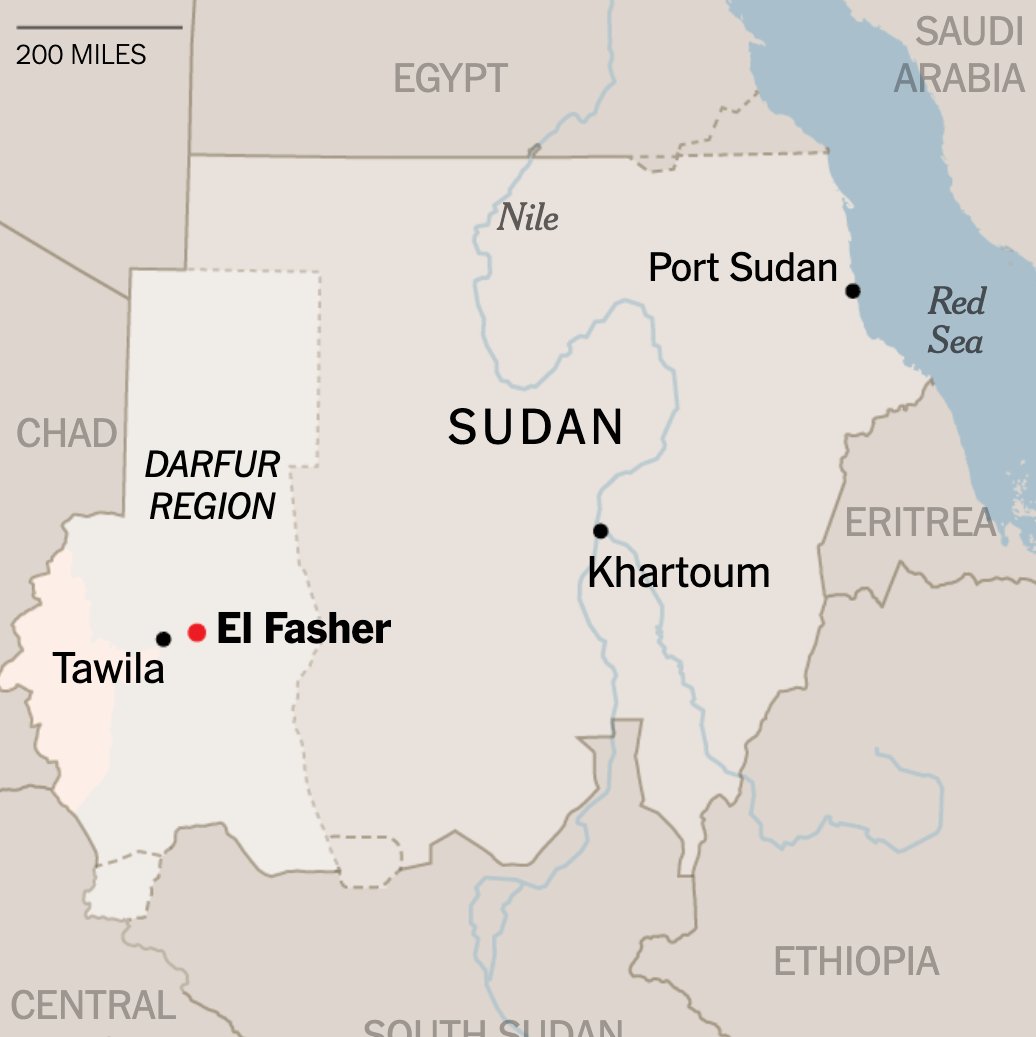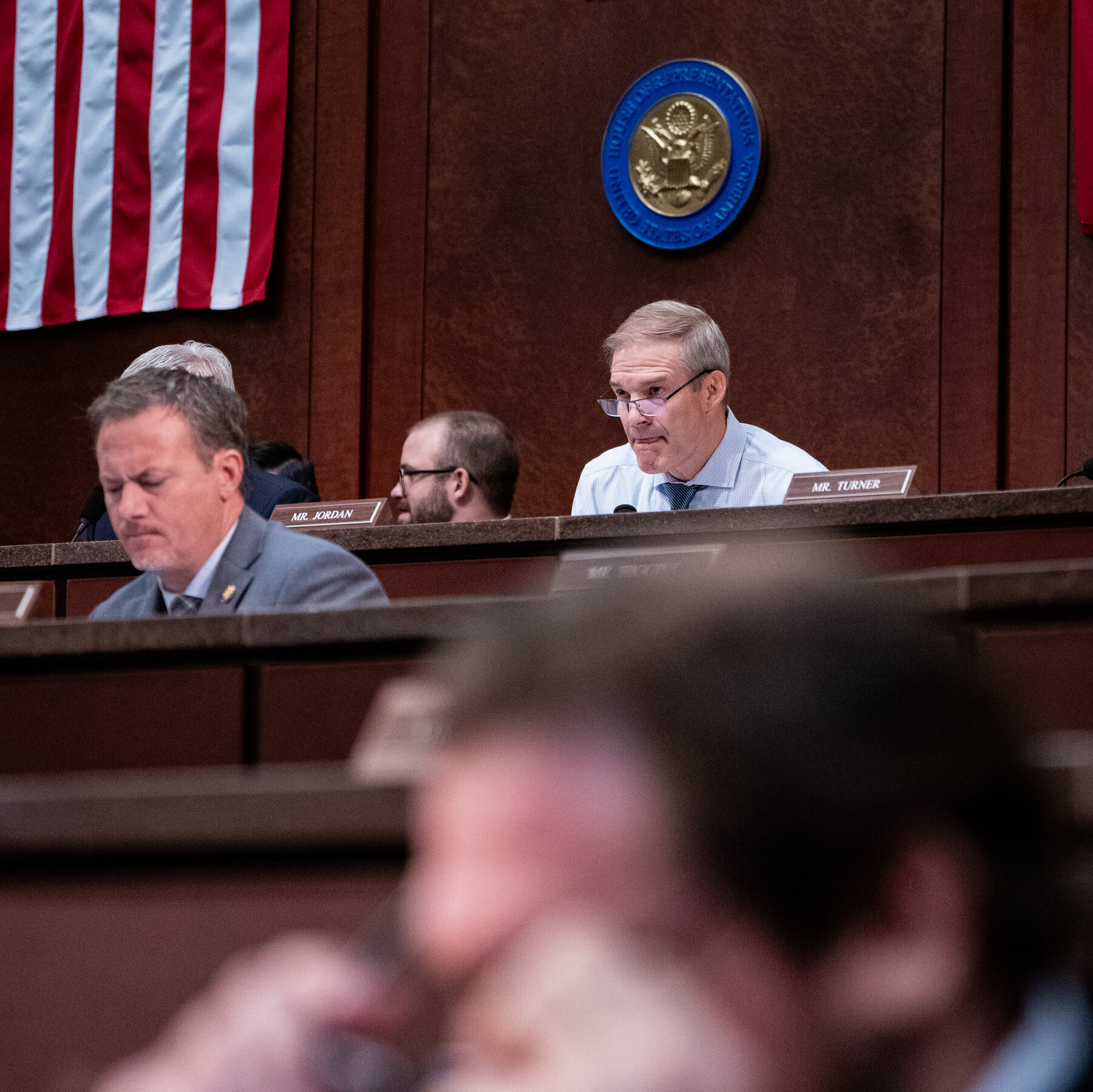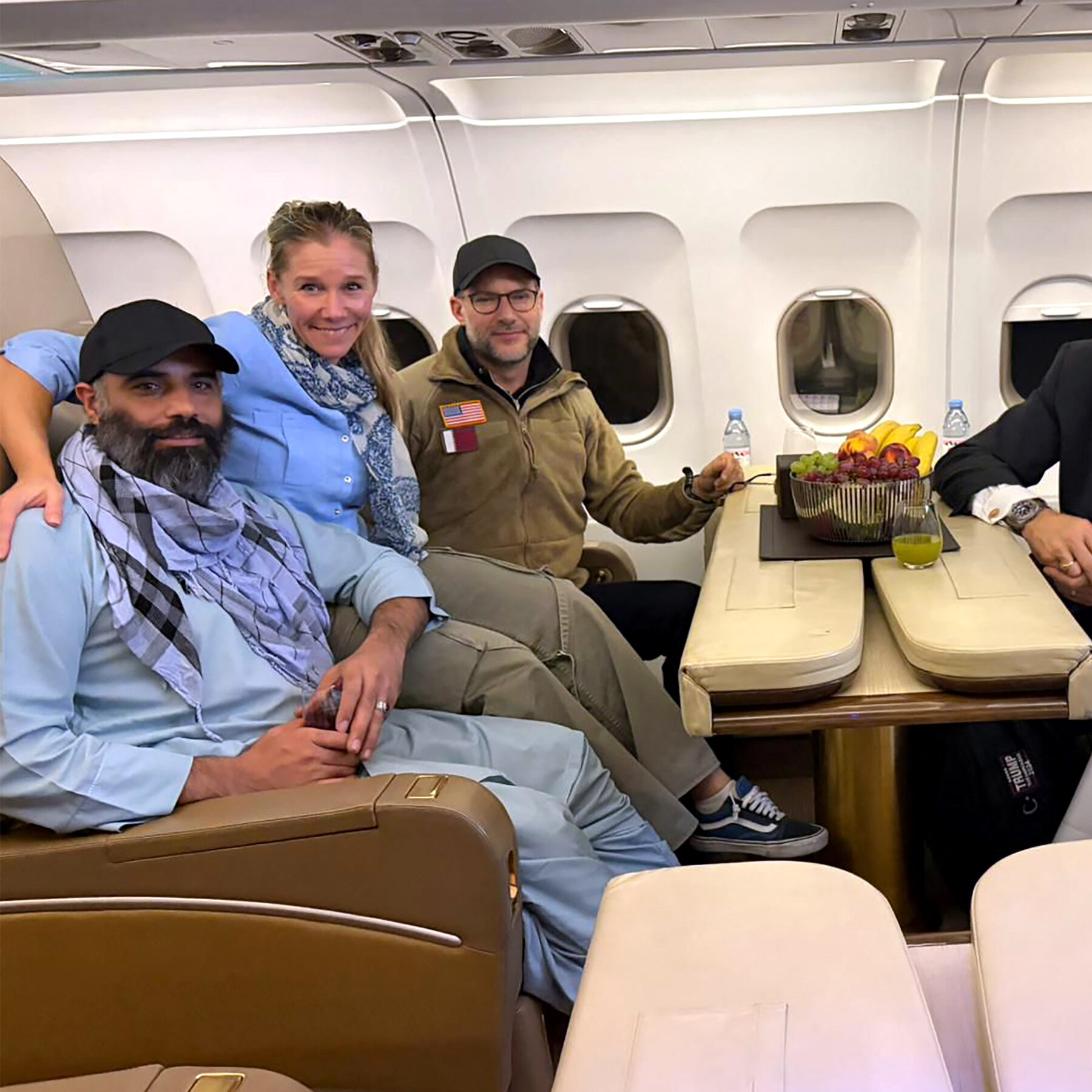After Pressure From Saudi Leader, Trump Vows to Seek Peace in Sudan
Background of the Conflict
The Sudanese civil war, now in its third year, has devastated large swaths of the country, leaving millions displaced and countless civilians caught in the crossfire. Both the government forces and the rebel coalition receive material and logistical support from regional allies of the United States, complicating diplomatic efforts to halt the fighting.
Trump’s New Commitment
In a brief televised address, President Donald J. Trump announced that his administration would “do everything possible” to facilitate a cease‑fire and launch a negotiated settlement between the warring factions. He emphasized that the United States would work closely with “all partners in the region” to bring an end to the bloodshed.
Saudi Influence
The announcement followed a private meeting between President Trump and Saudi Crown Prince Mohammed bin Salman, during which the Crown Prince urged Washington to intervene more actively in Sudan. According to sources close to the discussions, the Saudi leader highlighted the strategic importance of a stable Sudan for the broader Middle‑East and North‑African region.
International Reactions
U.N. officials and humanitarian NGOs welcomed the president’s pledge, calling it “a hopeful sign that the international community is finally paying serious attention to the crisis.” However, analysts warned that without a clear roadmap, the promise could remain “symbolic rather than substantive.”
What Comes Next?
The White House has not yet detailed specific steps, but insiders suggest that the next phase will involve:
- Deploying senior diplomatic envoys to Khartoum and rebel‑controlled areas.
- Coordinating with Saudi Arabia, the United Arab Emirates, and Egypt to align regional mediation efforts.
- Pressuring both sides to agree to a temporary cease‑fire that could pave the way for broader peace talks.
While optimism is growing, many observers stress that lasting peace will require sustained commitment from all parties, including the United States, its regional allies, and the Sudanese factions themselves.






